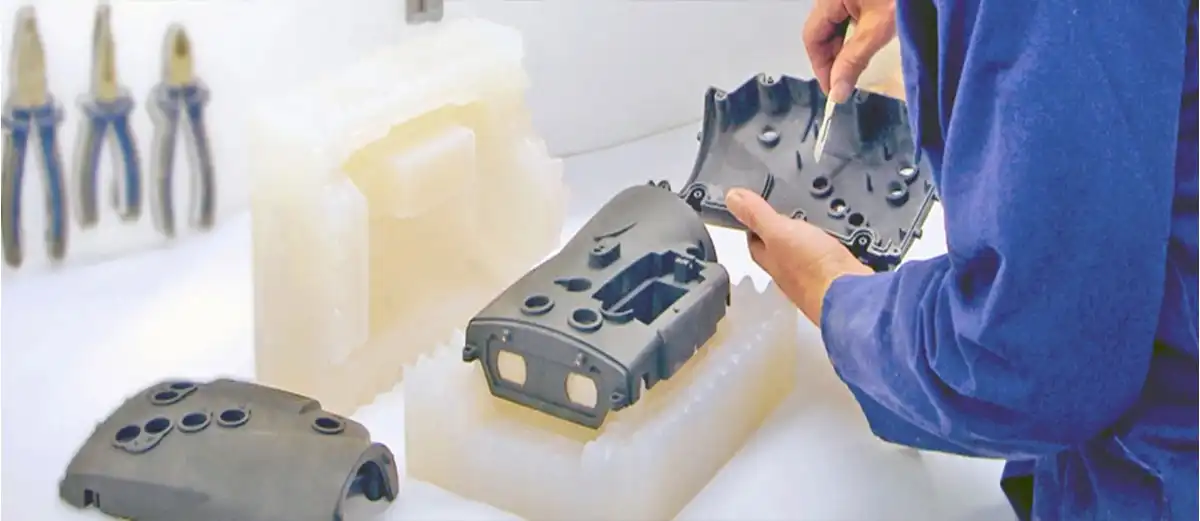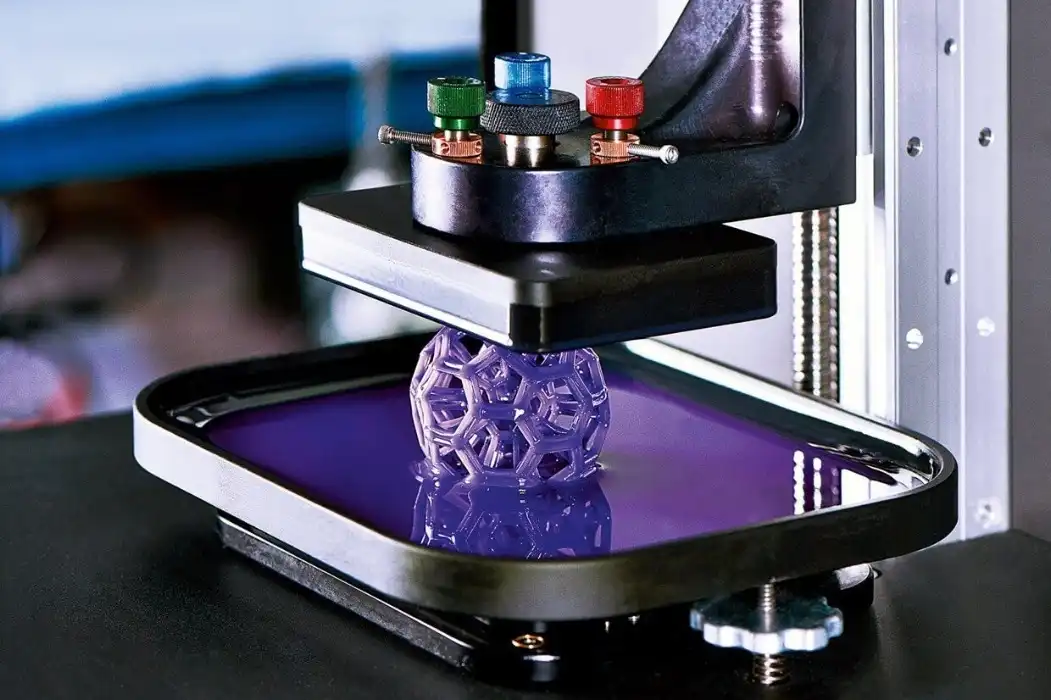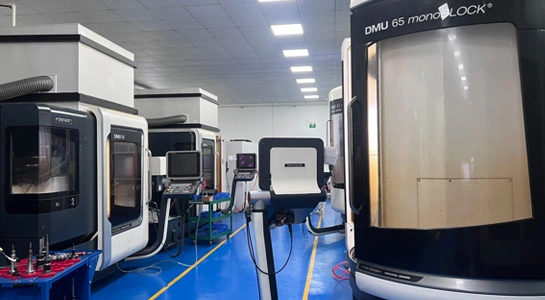Understanding the Fundamentals of Test Batch Manufacturing
Definition and Purpose of Test Batch Manufacturing
Test batch manufacturing, also known as pilot production or trial production, is the process of creating a limited quantity of products to validate manufacturing processes, identify potential issues, and ensure quality standards are met. This crucial step bridges the gap between product development and full-scale production, allowing manufacturers to fine-tune their processes and make necessary adjustments before committing to large-scale manufacturing.
The primary purpose of test batch manufacturing is to simulate real production conditions on a smaller scale. By doing so, manufacturers can:
- Verify the feasibility of production processes
- Identify and resolve potential issues early in the production cycle
- Optimize manufacturing parameters and workflows
- Ensure product quality meets desired standards
- Gather data for process improvement and scaling up production
Key Components of Test Batch Manufacturing
Several essential components contribute to the success of test batch manufacturing:
- Process Design: Developing a detailed plan for manufacturing the product, including equipment selection, material handling, and workflow optimization.
- Material Selection: Choosing appropriate raw materials and components that meet product specifications and quality requirements.
- Equipment Setup: Configuring and calibrating machinery and tools to ensure accurate and consistent production.
- Quality Control: Implementing rigorous testing and inspection procedures to evaluate product quality and identify potential defects.
- Data Collection and Analysis: Gathering and analyzing production data to identify areas for improvement and inform decision-making.

The Role of Test Batch Manufacturing in Product Development
Test batch manufacturing plays a vital role in the product development lifecycle, serving as a critical link between design and full-scale production. This process allows manufacturers to:
- Validate product designs and manufacturing processes
- Identify and address potential issues before large-scale production
- Refine product specifications and quality standards
- Optimize production efficiency and resource utilization
- Gather valuable data for scaling up production and continuous improvement
By incorporating test batch manufacturing into the product development process, companies can significantly reduce the risks associated with new product launches and ensure a smoother transition to full-scale production.
Benefits and Importance of Test Batch Manufacturing
Risk Mitigation and Cost Reduction
One of the primary benefits of test batch manufacturing is its ability to helps minimize financial risks and ensures a more efficient use of resources
. By identifying and addressing potential issues early in the manufacturing process, companies can avoid costly mistakes and production delays that may occur during full-scale production. This proactive approach helps minimize financial risks and ensures a more efficient use of resources.
Test batch manufacturing also allows manufacturers to:
- Identify and resolve design flaws or manufacturing challenges before investing in large-scale production
- Optimize material usage and reduce waste
- Refine production processes to improve efficiency and reduce production costs
- Minimize the risk of product recalls or quality issues that could damage brand reputation
Quality Assurance and Process Optimization
Test batch manufacturing plays a crucial role in ensuring product quality and optimizing manufacturing processes. By producing a limited quantity of products under controlled conditions, manufacturers can:
- Evaluate product quality and consistency
- Identify and address potential quality issues before full-scale production
- Fine-tune manufacturing processes to improve product performance and reliability
- Develop and refine quality control procedures
- Optimize production parameters to achieve desired product specifications
This focus on quality assurance and process optimization helps companies deliver superior products to market and maintain a competitive edge in their industry.

Time-to-Market Acceleration
While test batch manufacturing may seem like an additional step in the product development process, it can actually accelerate time-to-market for new products. By identifying and resolving potential issues early in the manufacturing process, companies can avoid costly delays and setbacks during full-scale production. This proactive approach helps streamline the product launch process and enables manufacturers to:
- Validate product designs and manufacturing processes more quickly
- Reduce the likelihood of production delays or quality issues
- Make informed decisions about scaling up production
- Gather valuable data to support marketing and sales efforts
- Demonstrate product viability to stakeholders and potential customers
By leveraging test batch manufacturing, companies can bring new products to market faster and with greater confidence in their quality and performance.
Implementing Effective Test Batch Manufacturing Strategies
Planning and Preparation
Successful test batch manufacturing begins with thorough planning and preparation. This crucial phase involves:
- Defining clear objectives and success criteria for the test batch
- Developing a detailed production plan, including equipment requirements and material specifications
- Identifying key performance indicators (KPIs) to measure process efficiency and product quality
- Establishing a timeline for the test batch production and evaluation
- Assembling a cross-functional team with expertise in various aspects of product development and manufacturing
By investing time and resources in proper planning, manufacturers can ensure a smooth and productive test batch manufacturing process.
Execution and Monitoring
During the execution phase of test batch manufacturing, it's essential to closely monitor the production process and gather relevant data. Key activities in this phase include:
- Implementing rigorous quality control measures throughout the production process
- Collecting and analyzing real-time data on production parameters and product quality
- Documenting any deviations from the planned production process
- Conducting regular inspections and testing of products at various stages of production
- Maintaining open communication channels between team members to address issues promptly
By carefully executing and monitoring the test batch manufacturing process, manufacturers can gain valuable insights into their production capabilities and identify areas for improvement.
Analysis and Continuous Improvement
The final stage of test batch manufacturing involves analyzing the collected data and using the insights to drive continuous improvement. This phase typically includes:
- Evaluating the test batch results against predefined success criteria and KPIs
- Identifying areas for improvement in product design, manufacturing processes, or quality control
- Developing action plans to address any issues or opportunities for optimization
- Refining production parameters and processes based on test batch findings
- Documenting lessons learned and best practices for future production runs
By adopting a continuous improvement mindset, manufacturers can leverage the insights gained from test batch manufacturing to enhance their overall production capabilities and deliver higher-quality products to market.

Conclusion
Test batch manufacturing is a critical component of successful product development and production. By implementing effective test batch manufacturing strategies, companies can mitigate risks, optimize processes, and ensure product quality meets desired standards. This approach not only helps reduce costs and accelerate time-to-market but also provides valuable insights for continuous improvement. As industries continue to evolve and face new challenges, the importance of test batch manufacturing in driving innovation and maintaining a competitive edge cannot be overstated.
FAQs
How long does a typical test batch manufacturing process take?
The duration of a test batch manufacturing process can vary depending on the complexity of the product and production requirements. It typically ranges from a few days to several weeks.
What is the ideal size for a test batch?
The ideal size depends on the product and manufacturing process. It should be large enough to provide meaningful data but small enough to manage costs and resources effectively.
Can test batch manufacturing be outsourced?
Yes, many companies choose to outsource test batch manufacturing to specialized service providers who have the expertise and facilities to conduct these processes efficiently.
Expert Test Batch Manufacturing Services | BOEN
At BOEN Prototype, we specialize in providing high-quality test batch manufacturing services for a wide range of industries. Our expertise in prototyping and low-volume production in plastic and metal materials makes us the ideal partner for your product development needs. With our advanced capabilities in CNC machining, rapid injection molding, and various other manufacturing processes, we can help you optimize your test batch manufacturing process and bring your products to market faster. Contact us at contact@boenrapid.com to learn how we can support your manufacturing goals.
References
Smith, J. (2022). "The Importance of Test Batch Manufacturing in Product Development." Journal of Manufacturing Engineering, 45(3), 112-125.
Johnson, A., & Brown, L. (2021). "Optimizing Test Batch Manufacturing Processes: A Case Study Approach." International Journal of Production Research, 59(8), 2345-2360.
Chen, X., et al. (2023). "Risk Mitigation Strategies in Test Batch Manufacturing: A Comprehensive Review." Risk Analysis, 43(2), 178-195.
Williams, R. (2022). "Quality Assurance in Test Batch Manufacturing: Best Practices and Emerging Technologies." Quality Engineering, 34(4), 567-582.
Garcia, M., & Lee, S. (2021). "The Role of Test Batch Manufacturing in Accelerating Time-to-Market for New Products." Journal of Product Innovation Management, 38(5), 412-428.
Thompson, K. (2023). "Continuous Improvement in Test Batch Manufacturing: A Lean Six Sigma Approach." Total Quality Management & Business Excellence, 34(3-4), 289-305.





